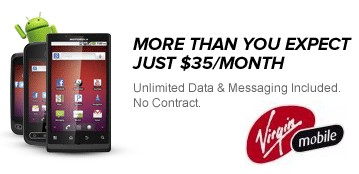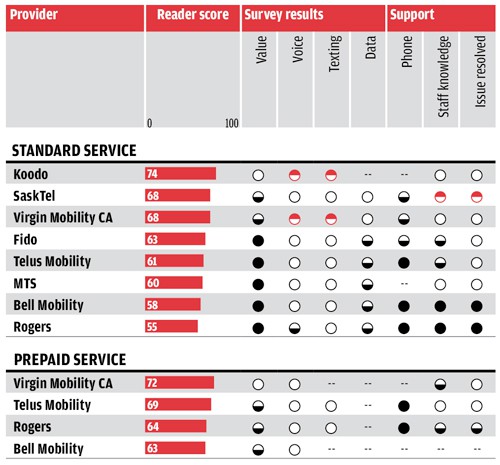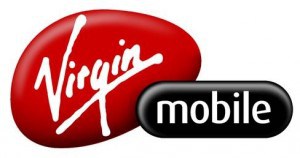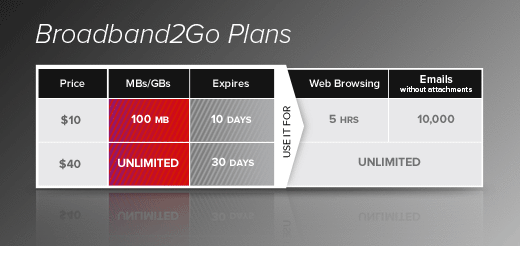Virgin Mobile founder Richard Branson is trying to convince customers they should sign up with a phone company that only sells you the services you need, but if “unlimited data” is one of them, look somewhere else.
Starting Friday, Virgin Mobile will quietly begin to throttle “heavy users” who reach 2.5GB of usage on their “unlimited use” data plans. For the remainder of the billing cycle, Virgin will reduce mobile broadband speeds to just 256kbps — comparable to a significantly congested 3G connection.
It’s a long fall from Virgin Mobile’s original unlimited data offer which the company briefly attempted in the summer of 2010.
Entirely reliant on Sprint’s mobile network (and now operates as the prepaid division of Sprint), Virgin Mobile couldn’t handle the demand and quickly threatened to slow down the connections of their heaviest users.
The carrier’s decision to set a specific limit for its speed throttle was originally intended to take effect last October, but was delayed until March 23, 2012.
[flv width=”640″ height=”380″]http://www.phillipdampier.com/video/New Virgin Mobile Ad.flv[/flv]
Virgin Mobile’s delayed implementation of its speed throttle coincides with this imaging “refresh” of the “New Virgin Mobile” starring a timeless Richard Branson. (1 minute)
Virgin Mobile explains its reasons:
This change comes about because of the enormous data usage driven by our new more sophisticated smartphones, and the more extensive uses customers are finding for these devices. We want to be able to serve our Beyond Talk customers who use these unlimited plans for their data-centric daily activity, primarily for regular access to email, the Internet, and social networking sites. Our goal is to ensure our products perform at the best possible level and that we have the best possible experience for all subscribers. These control options are similar to those other carriers have in place ? and that Virgin Mobile maintains for its Broadband2Go product as well.
These plans are still unlimited. There is no cap or limit on how much you can consume in any given month. In order to ensure optimal network performance and a good customer experience for all subscribers, we are moving forward in establishing some parameters.
Most Beyond Talk customers will not experience a change in the performance of their Virgin Mobile service or notice any difference. If you use this service for typical email, internet surfing and downloading, your throughput speeds should not be noticeably impacted. For Beyond Talk subscribers who are using more than 2.5GB during a monthly plan cycle, limits to throughput speeds for the remainder of their monthly plan cycle will enable us to preserve overall network performance and customer experience.
The company’s redefinition of the word “unlimited” in nothing new in the world of mobile data. T-Mobile, AT&T, and Cricket all throttle their customers when they exceed a certain level of usage, yet some still market “unlimited use” plans that many customers don’t realize are limited in usefulness when arbitrary allowances are exceeded.
Concerns for “optimal network performance” and “a good experience for all” disappear when you pull your wallet out. Virgin Mobile will reset your usage allowance to zero if you agree to pay for a new month of service the moment they’ve throttled your service. That will get you another 2.5GB of usage, whether it preserves overall network performance or not.
[flv width=”640″ height=”380″]http://www.phillipdampier.com/video/Richard Branson Message.flv[/flv]
Watch Virgin Group’s Richard Branson explain why Virgin Mobile wants to change the image consumers have about their mobile phone company. A fine print disclosure that “unlimited” mobile data really isn’t may not change things for the better. (2 minutes)


 Subscribe
Subscribe







